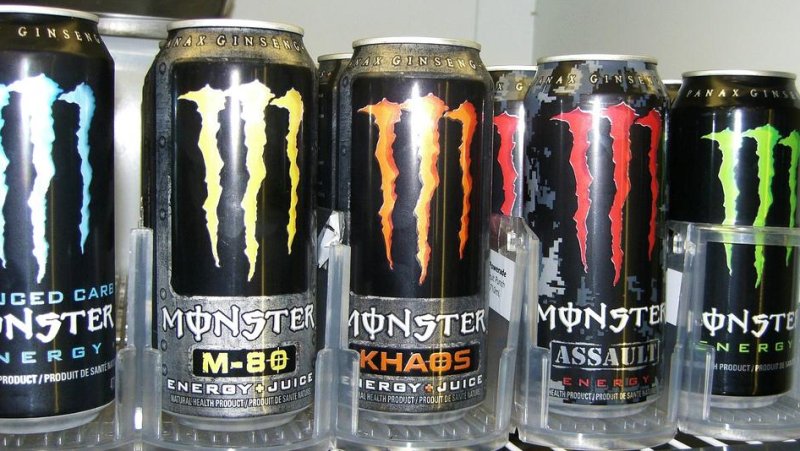(Toban B. via Flickr)
Monster Beverage said its popular energy drink cannot be held responsible for the death of a 14-year-old girl.
Monster, which faces a lawsuit from the family of Anais Fournier, who claim the teen died of caffeine toxicity, said no blood test was performed to determine the girl's death.
In a release Monday, Monster announced the findings of a group of physicians, including a cardiac pathologist and a toxicologist, and a coroner who examined Fournier's medical and autopsy records.
Fournier's family sued after the teen died from cardiac arrest after drinking two 24-ounce cans of Monster in a day, claiming the beverage was at fault.
"After an examination of Ms. Fournier's medical records, pathology report and autopsy report, the physicians stated conclusively that there is no medical, scientific or factual evidence to support the Maryland Medical Examiner's Report of 'caffeine toxicity' or that Ms. Fournier's consumption of two Monster Energy Drinks 24 hours apart contributed to, let alone was the cause of her untimely death," said Daniel Callahan, one of Monster's lawyers, in the release.
Callahan said the panel concluded teen's death was likely from natural causes related to a pre-existing heart condition, and evidence showed she regularly drank energy drinks and coffee without any problems.
"When the Maryland Medical Examiner was asked why her report contained the term 'caffeine toxicity,' she responded that it was because she had been told by Ms. Fournier's mother that Ms. Fournier had consumed an energy drink containing caffeine," Mr. Callahan added. "This was even though her report states that blood tests for caffeine levels were not done."
A spokesman from the office of Maryland chief medical examiner told Fox News it could not confirm if the blood test had been performed.
Kevin Goldberg, an attorney for the Fornier family dismissed Monster's finding, adding the label on a can of Monster warning the drink is not for children is "ambiguous and intentionally misleading."
Goldberg said Monster's marketing is geared toward teens, whereas Monster says its target market is 18 to 34 years old.
Monster and other beverage companies are facing greater scrutiny from health officials, including an investigation by the New York state attorney general on how drinks like Monster's, LivingEssentials' 5-Hour Energy, and PepsiCo's AMP are made.
A 24-ounce can of Monster contains 240 milligrams of caffeine. A 16-ounce cup of coffee from Starbucks, by comparison, has 330 milligrams.







